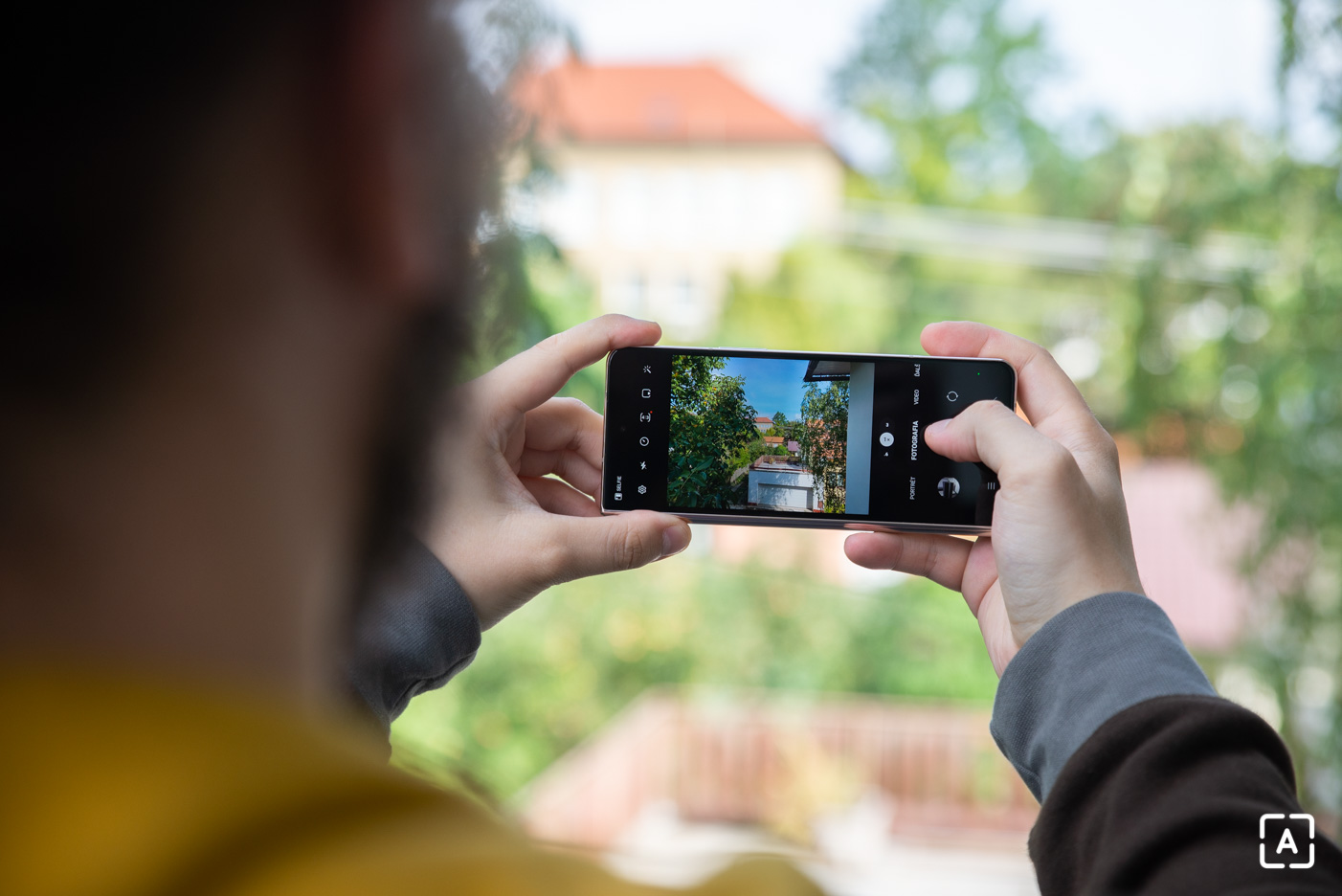The Pegasus project is clear: Identical spyware monitors tens of thousands of people
Israel, surveillance, secret software. All keywords that may not be of interest to us in detail. However, if the result is spyware that no smartphone is safe from, then it is good to say more about this threat.
Pegasus is extremely effective
Behind the whole project, which sounds like a movie of the past, is the Israeli agency NSO Group, which developed a software called Pegasus. His task is not only to monitor the activity on the selected phone, but he can remotely turn on the camera, microphone, send files to the targeted device or he can download the existing ones. Has access to messages, calls or even emails. Regardless of the platform used. It is successful on both Android and iOS.
NSO Group always claims that their instrument is developed under the control of the local government, approved by it and sold only to other, governmental authorities.. The human rights perspective is even taken into account so that Pegasus does not become an instrument of abuse. Up to these lines, the story sounds like a nice fairy tale. However, the leak from data tracking 50,000 phone numbers shows the opposite view. At the same time, these are not terrorists or other dangerous groups for which Pegasus is to be available to governments. From this leak too vyplynulothat the Israeli tool is deployed to journalists, lawyers or public activists and monitors their activities. For the whole case, a group called Pegasus group was formed, which tries to reveal the background of the latest misuse of a tool with an identical name.
Doubts about who uses this powerful software and for what purpose have been raised by world dailies. Among them, for example, the Washington Post, the Guardian or Le Monde. The leaked data is expected to affect thousands of people from 50 countries around the world. However, the list includes not only public activists, but also heads of state, politicians and also the heads of large companies.
So far, the NSO Group has theorized that their software cannot be legally purchased by an organization or an individual that could misuse it. This suggests that Pegasus must have escaped or been used by government institutions that have purchased licenses directly from Israeli creators. The number of countries that send such surveillance requests has narrowed to ten, including Azerbaijan, Bahrain, Hungary, India, Kazakhstan, Mexico, Morocco, Rwanda, Saudi Arabia and the United Arab Emirates.
The Washington Post performed an analysis on 37 phones and found that the software is extremely effective in tracking targeted devices and therefore dangerous if it is deployed on people who simply do not have the status of entities that threaten the country’s security. The ten countries jointly deny that they would use Pegasus to track ordinary people, who they do not like or are opponents of. So far, the solution to this situation is not on the table, and neither the creators nor the user states are giving clear answers. However, initial analyzes show that interference with the protection of privacy and ordinary people occurs. And so far it is not possible to defend against it.
Our tip
Beware of these applications, they steal passwords from Facebook


